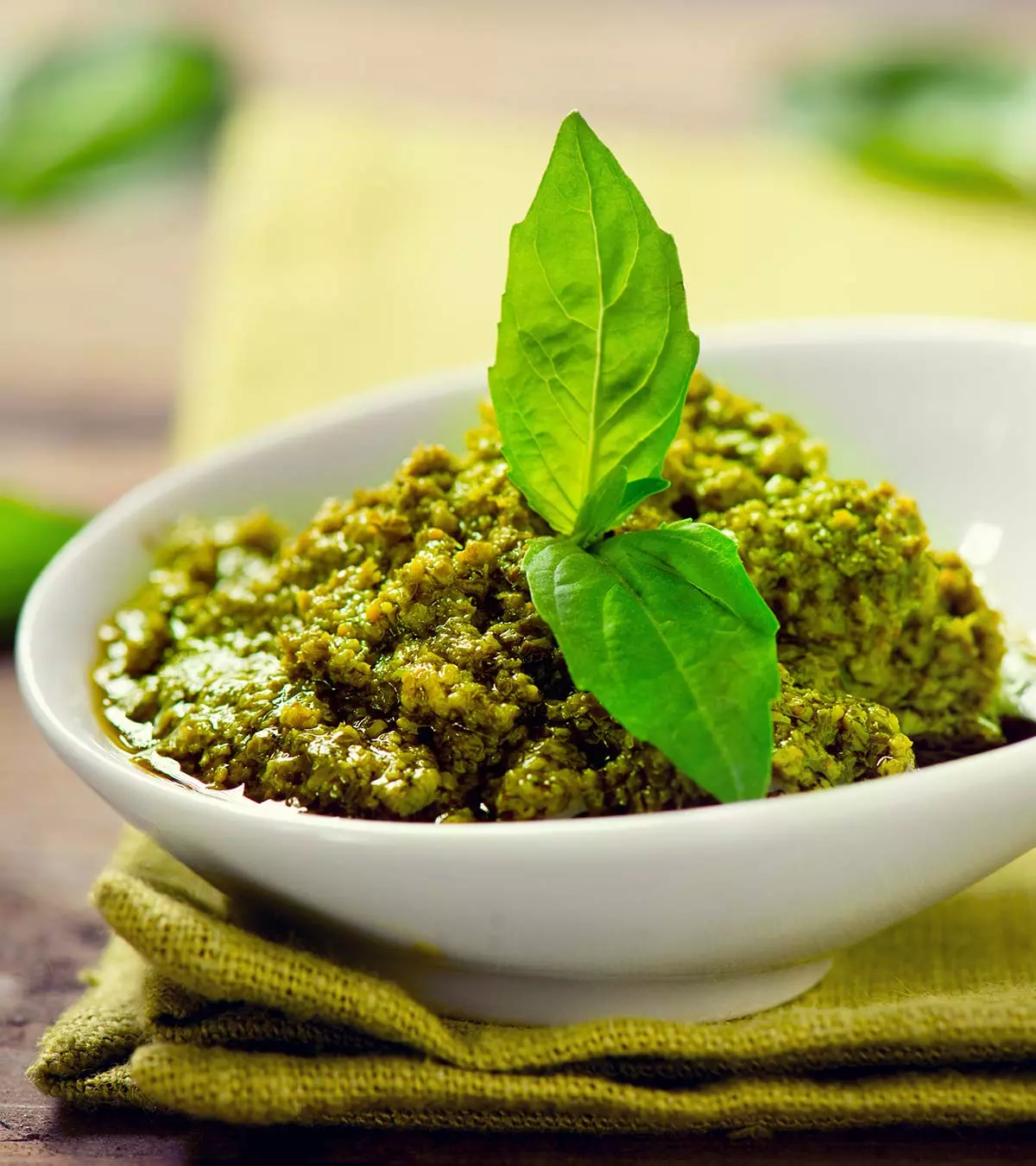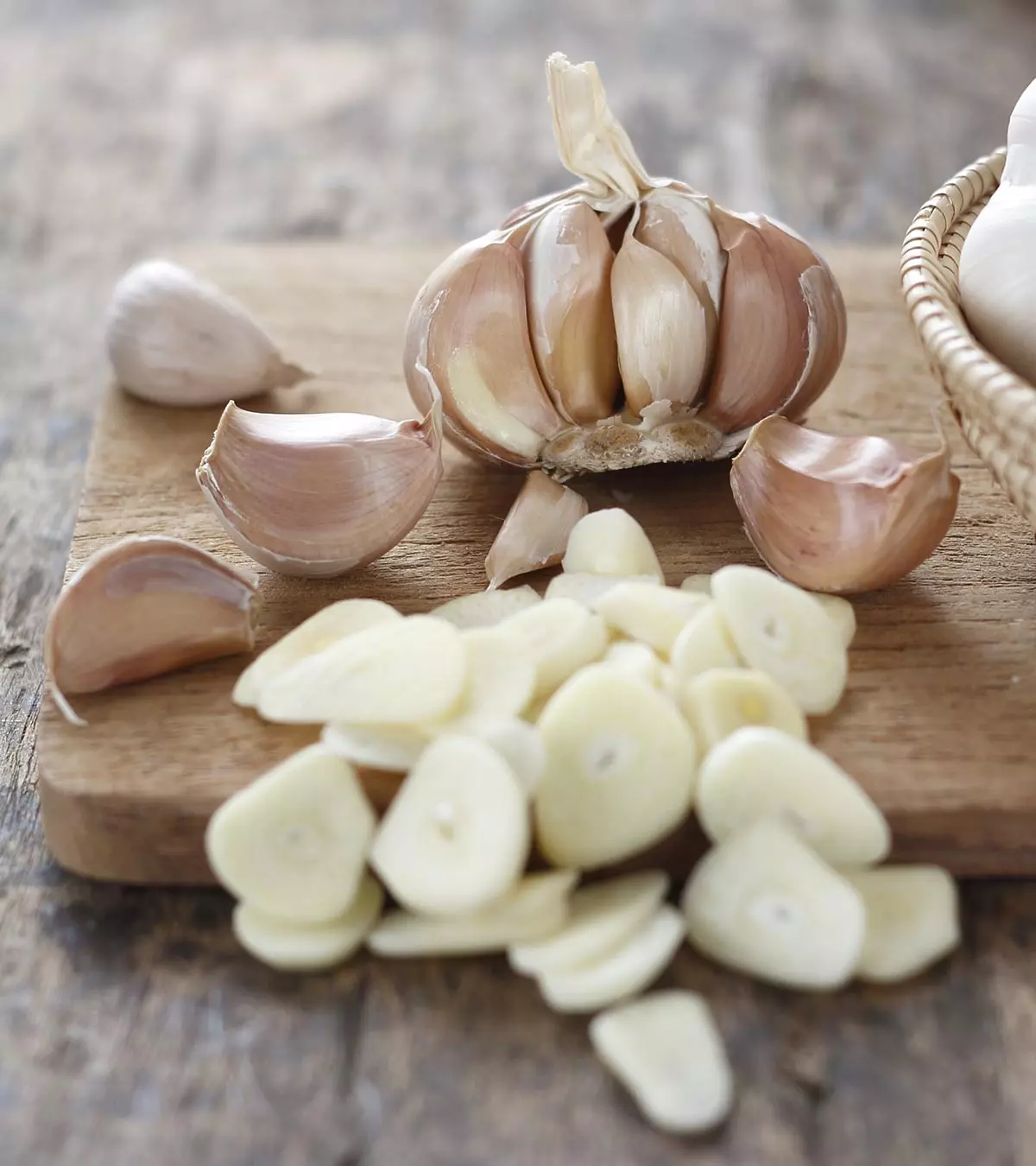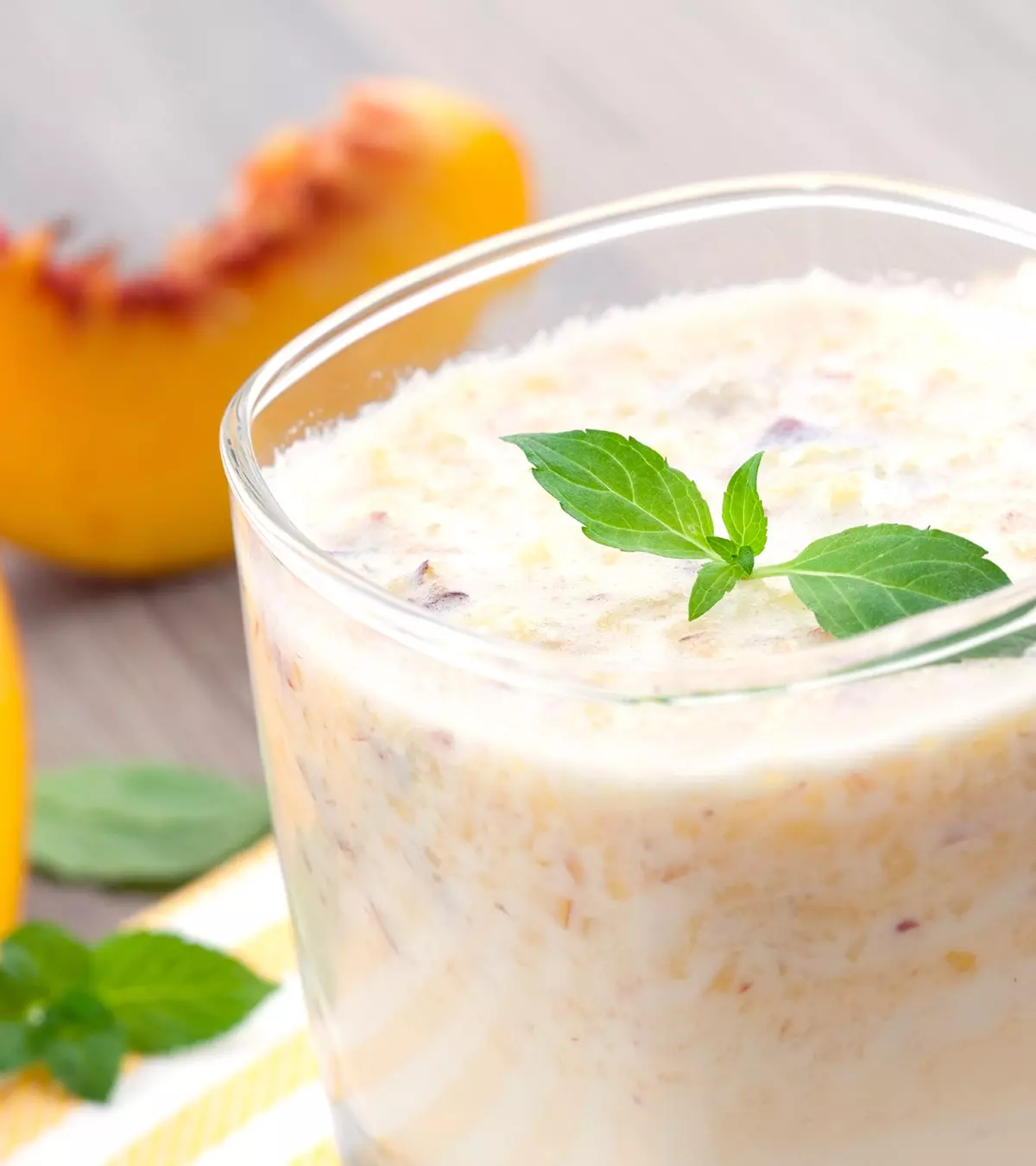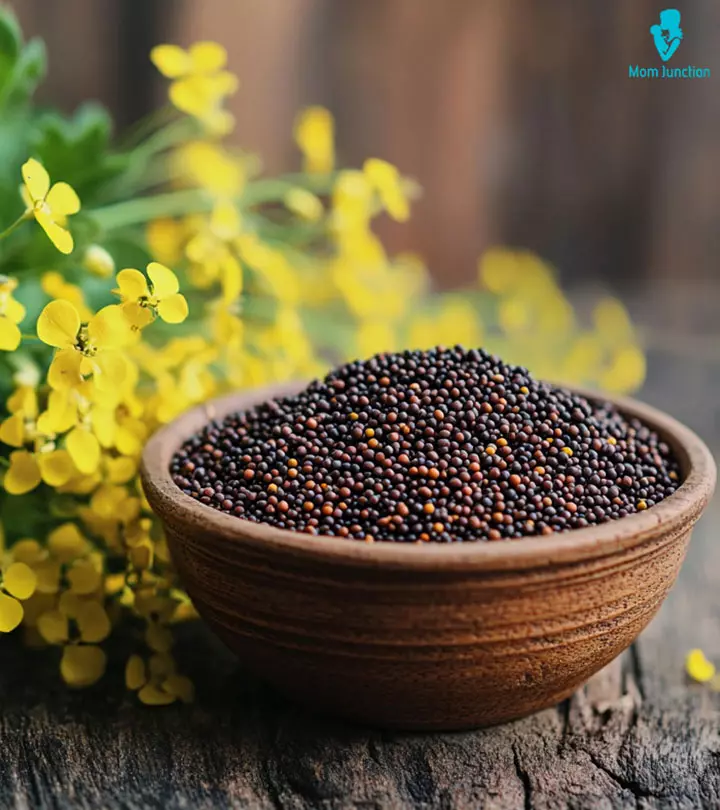
Image: Shutterstock
Pregnant women love the tangy taste of tamarind and believe that it effectively reduces morning sickness. However, some of them are concerned about the safety of tamarind during pregnancy. Tamarind is believed to be safe for consumption during pregnancy and can serve as a good source of nutrition during pregnancy. It not only helps to reduce the symptoms of morning sickness but also provides many essential nutrients required for the growth of the fetus. However, it is important to consult a doctor before consuming tamarind to be on the safe side. Read the post for more details on the benefits of tamarind during pregnancy and the precautions you should take while consuming it.
Key Pointers
- Tamarind is safe for pregnant women and can help with fetal development.
- It reduces morning sickness, treats the common cold, and prevents constipation.
- Tamarind is packed with essential nutrients such as folate, iron, and vitamins.
- It can lower blood sugar levels, and may not be suitable for diabetics.
What Is Tamarind?
Tamarind is a fruit that grows in a pod and its pulp is very sour. The sour taste of tamarind tantalizes your taste buds while you are pregnant.
What Are The Uses Of Eating Tamarind During Pregnancy?

Image: Shutterstock
Tamarind is known to have some medicinal properties and has been used as a traditional medicine for various ailments. It is a cure for nausea that is the most common sign of pregnancy. It also helps treat a common cold and constipation.
 Research finds
Research findsNutritional Value Of Tamarind
A cup of tamarind pulp contains many essential nutrients that your body requires when you are pregnant. It has 3.36 milligrams of iron. During your pregnancy, you need about 27 milligrams of iron as part of your daily diet. It also contains 2.3 milligrams of niacin. While expecting you need about 18 milligrams of niacin as part of your daily diet. A cup of tamarind pulp also contains 6.1 gram of dietary fiber. You need at least 28 gram of dietary fiber in your daily diet when you are pregnant (1).
Is It Safe To Eat Tamarind During Pregnancy?

Image: Shutterstock
Popularly tamarind is a safe food for you while you are pregnant. Many pregnant women can eat it in moderation to satisfy their cravings for something tangy yet sweet. To be safe and certain, you still need to check with your doctor first whether you can go ahead and slurp on it during your pregnancy. It is crucial to consume tamarind in moderation, as excessive intake may lead to digestive issues or other complications. Pregnant women should monitor their body’s reactions and consult healthcare providers if they experience any adverse effects.
Benefits Of Eating Tamarind
Tamarind is a very good source of various minerals and vitamins that are essential for both you and your unborn baby. Here is a list of its benefits:
- Tamarind contains a good amount of iron. During your pregnancy, the volume of your blood increases. Iron helps to support the increase in the volume of your blood. According to the American Pregnancy Association, having an adequate amount of iron when you are pregnant will also bring down your chances of having a premature birth. It will also reduce the chances of low birth weight in your baby.
- The niacin content in tamarind helps in the development of the digestive system, skin, and nerves in your unborn baby. It also contains vitamins A, C, and K in small amounts.
- The high amount of dietary fiber found in tamarind promotes digestion and helps prevent constipation, which is a common problem during pregnancy. Eating enough fiber-rich foods during pregnancy will keep you feeling full and prevent you from munching on unhealthy snacks, thus preventing excessive weight gain. Eating fiber . A healthy diet is a must-have while expecting.

Image: Shutterstock
- According to the March of Dimes, seven out of every ten pregnant women experience morning sickness during the first three months of their pregnancy.
During this period, tamarind can be a helpful natural remedy to alleviate nausea and morning sickness. Tamarind contains certain compounds that can help your stomach settle down. It can be used as a natural remedy to ease the vomiting sensation you may have during your pregnancy, especially during the first trimester.
- Tamarind is rich in micronutrients such as calcium, iron, magnesium, protein, and zinc. These minerals help strengthen bones and teeth, regulate blood pressure, and improve immune system function. Tamarind helps combat oxidative stress, which is important for maternal health and fetal development.
 Health fact
Health factWatch Out
Eating tamarind can sometimes lower your blood sugar levels. In case you are diabetic or have a family history of diabetes, you should closely monitor your blood sugar levels regularly.
Frequently Asked Questions
1. Will tamarind cause miscarriage in early pregnancy?
There are not enough studies to confirm whether tamarind causes miscarriage or not. Therefore, it is important to seek your doctor’s advice on this. However, a study reveals that in some parts of the world, consuming sour foods such as unripe tamarind may be restricted because of its heat-causing effects (2).
2. Are there any side effects of eating tamarind?
Many pregnant women love the tangy taste of tamarind. Fortunately, this great taste is complemented by high amounts of dietary fiber and several nutrients such as iron and vitamins. Therefore, the consumption of tamarind during pregnancy may help fetal development, reduce the risk of premature birth, and prevent constipation. In addition, many compounds present in tamarind help the stomach settle and reduce morning sickness. However, since every pregnancy is different, you should consult a doctor before consuming tamarind. Also, exercise caution while consuming tamarind if you have gestational diabetes.
Infographic: Benefits Of Including Tamarind In Pregnancy Diet
Do you crave the sweet and tangy flavor of tamarind and want to have it even during pregnancy? While curries, sauces, and pickles contain tamarind, you may wonder about its advantages. The following infographic sheds light on the advantages of having tamarind during pregnancy.
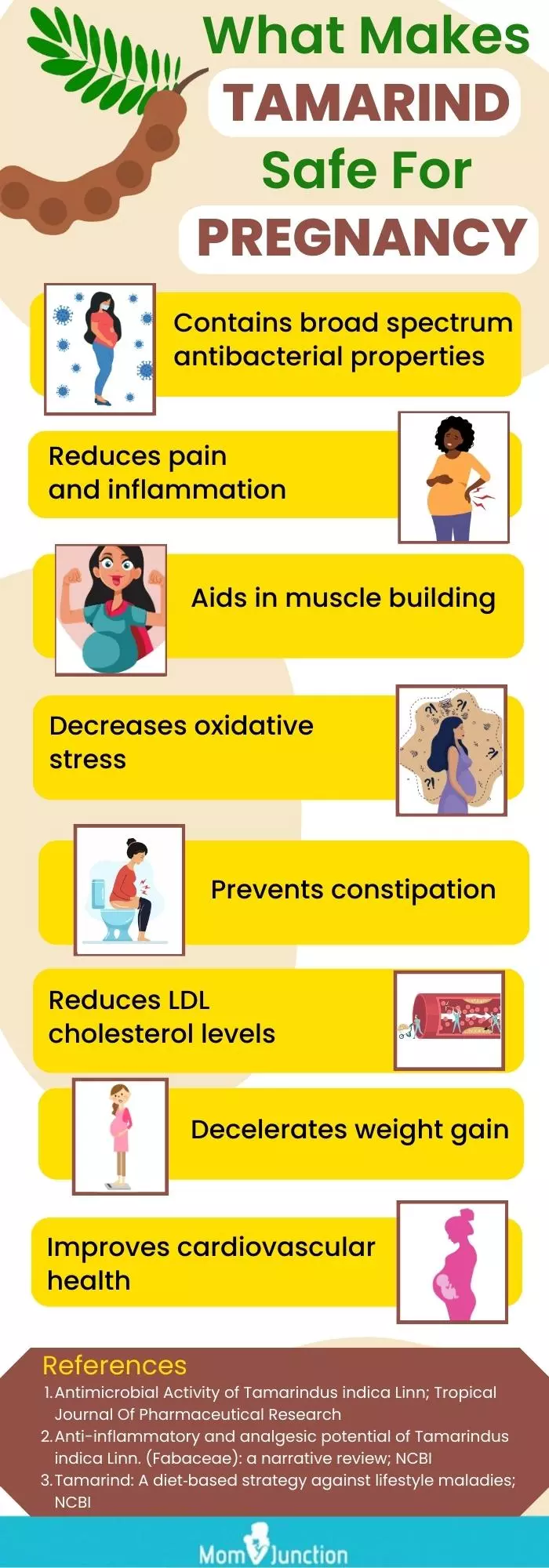
Illustration: Momjunction Design Team
Illustration: Is It Safe To Consume Tamarind During Pregnancy?

Image: Dalle E/MomJunction Design Team
References
- Tamarinds raw.
https://www.nutritionvalue.org/Tamarinds%2C_raw_nutritional_value.html#:~:text=Tamarinds%2C%20raw%20contains%200.3%20g - Caitlyn Placek; (2017); A test of four evolutionary hypotheses of pregnancy food cravings: evidence for the social bargaining model.
https://royalsocietypublishing.org/doi/10.1098/rsos.170243 - Kanittha Kijsamanmith et al.; (2016); Effect of tropical fruit juices on dentine permeability and erosive ability in removing the smear layer: An in vitro study.
https://pubmed.ncbi.nlm.nih.gov/30894960/ - Sharma P and Gupta P; Association of bronchial asthma and allergic rhinitis with IgE mediated allergy to common food allergens.
https://ijmrr.medresearch.in/index.php/ijmrr/article/view/533/1034
Community Experiences
Join the conversation and become a part of our nurturing community! Share your stories, experiences, and insights to connect with fellow parents.
Read full bio of Reda Elmardi
Read full bio of Ria Saha
Read full bio of Swati Patwal
Read full bio of Dr. Joyani Das












